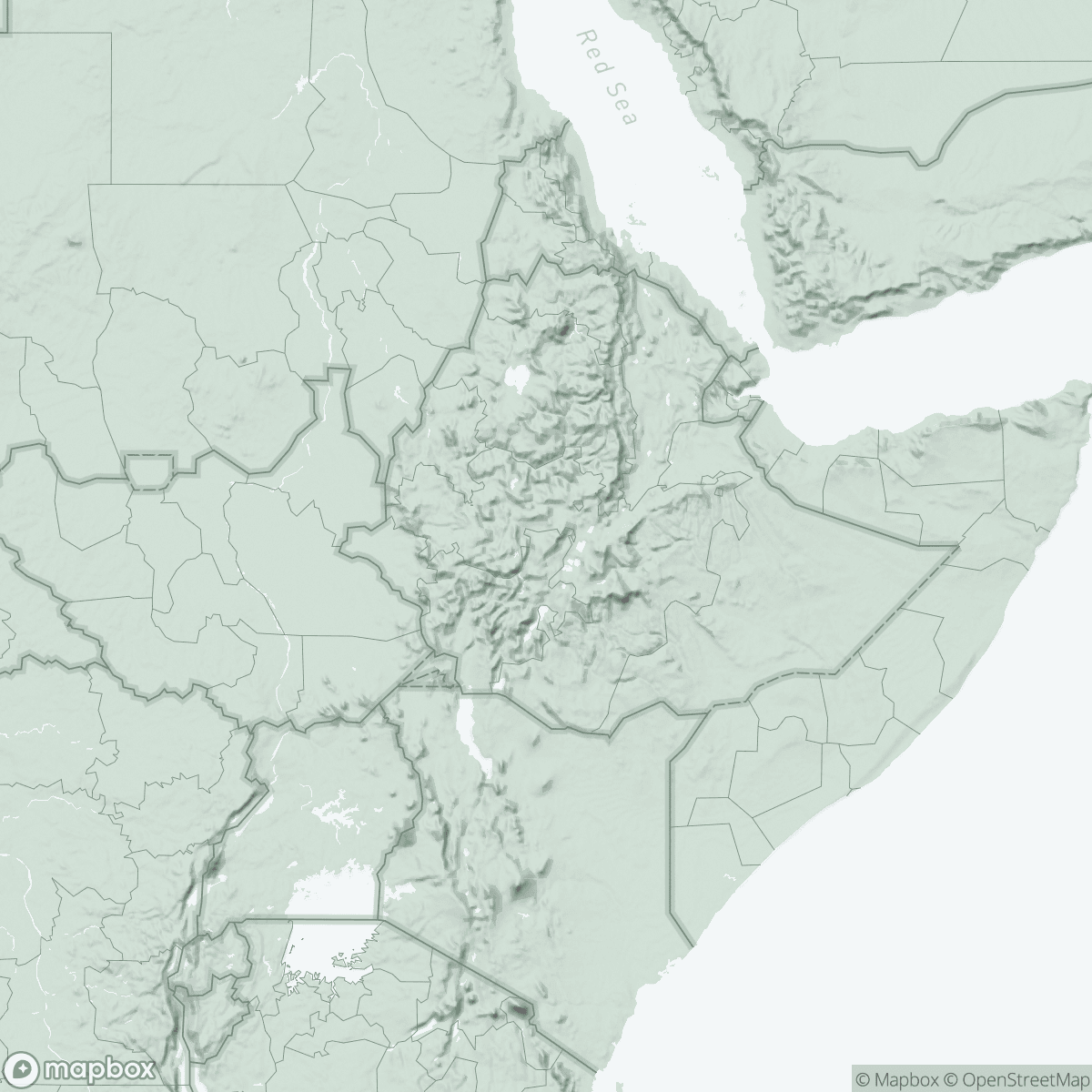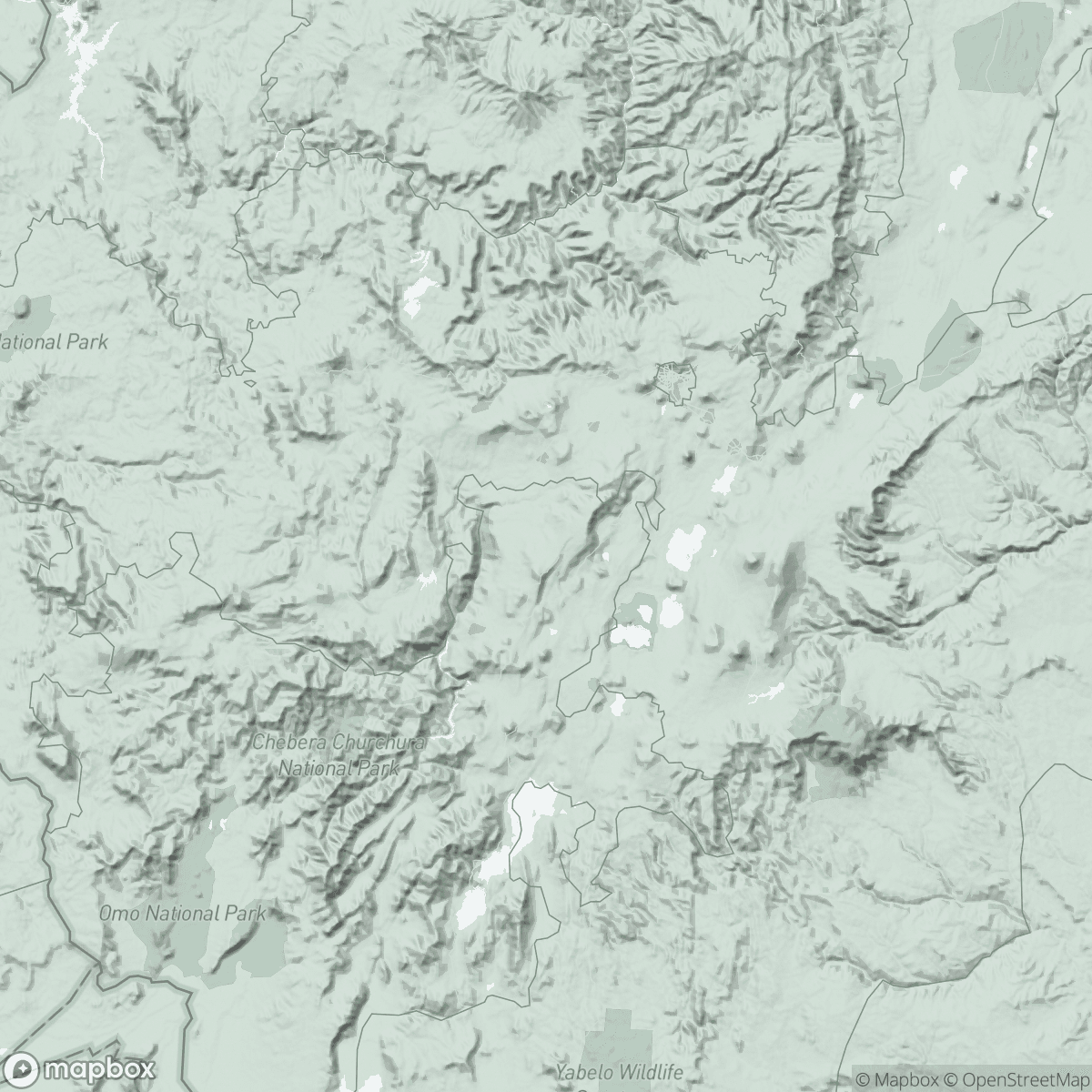
MSF urges investigation into staff killings in Tigray and calls for aid teams to be allowed to work safely
In 1 click, help us spread this information :
“Almost two weeks since the murders of our colleagues, no one has claimed responsibility and the circumstances around their deaths remain unclear,” says MSF operations director Teresa Sancristoval. “This is why we are requesting an immediate investigation by relevant parties to establish the facts of the incident that resulted in their deaths and to provide us with a detailed account of what happened and who was responsible. At this terrible time, we have made the extremely painful but necessary decision to suspend our activities in several areas of Tigray.”
The three murdered MSF team members were wearing clothing that identified them as MSF and travelling in a clearly branded MSF vehicle at the time of the attack. Engaged exclusively in medical and humanitarian activities in the area since February 2021, they were in alignment with international humanitarian law and in dialogue and agreement with all parties.
The murder of our colleagues - María, Tedros and Yohannes - is a tragic example of the complete disregard for human life that our teams have witnessed in this conflict. The levels of violence against civilians and the atrocities committed in Tigray are utterly shocking.” MSF operations director Teresa Sancristoval.
Since the beginning of the conflict in Tigray in November 2020, medical staff and aid workers have been directly targeted, while health facilities and ambulances have been looted, destroyed or exploited for military purposes. MSF staff have been threatened and beaten, and have witnessed armed incursions into health facilities supported by MSF. Aid organisations, including MSF, have been repeatedly undermined by public statements casting unwarranted suspicion on their activities, thereby jeopardising the safety of their teams on the ground.
“Parties to the conflict must take responsibility for ensuring that an incident like the murder of our colleagues never happens again”, she says.
It is vital that aid workers and medical staff can safely carry out their activities in an environment of trust and facilitation. Humanitarian organisations must be allowed to provide assistance, independently and impartially, according to people’s needs.” MSF operations director Teresa Sancristoval.
The suspension of MSF activities in Abi Adi, Adigrat and Axum will have major medical and humanitarian repercussions for the population of central Tigray.
Over the past six months, MSF teams in these three areas have provided emergency medical treatment to 9,440 people; performed 763 lifesaving surgeries; admitted more than 3,000 people for inpatient care; helped more than 3,300 women give birth; performed 365 emergency caesareans; provided medical care for 335 survivors of sexual violence; and provided mental health support to 1,444 people. Before suspending its activities, MSF teams donated medical supplies to the Regional Health Bureau and to hospitals, which remain overwhelmed by the high numbers of patients needing care.

